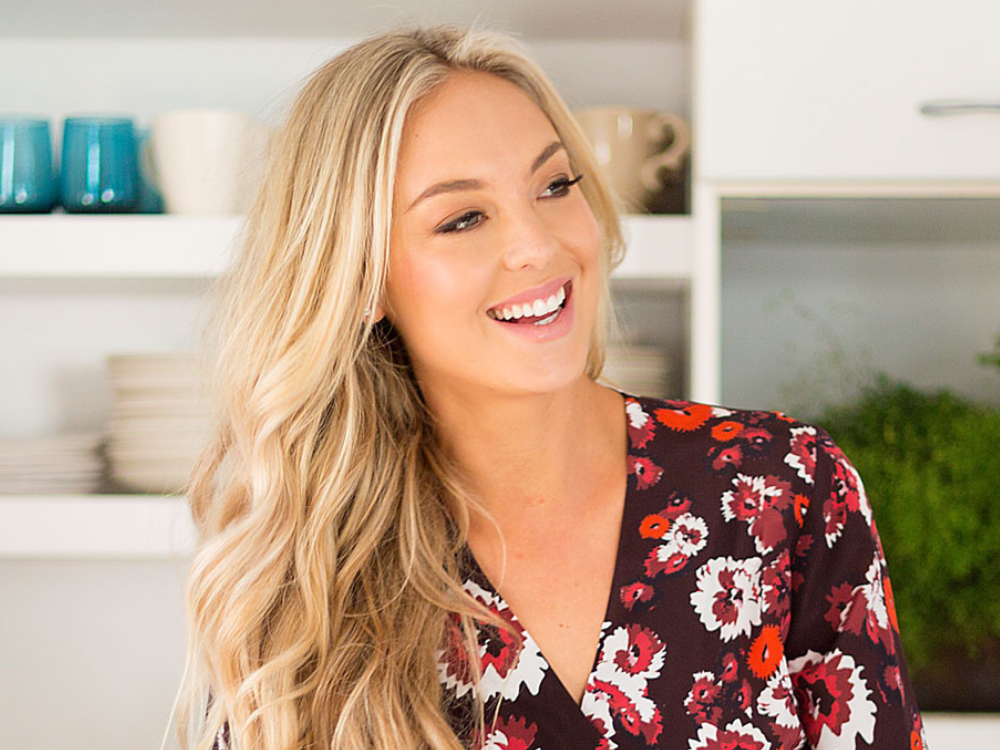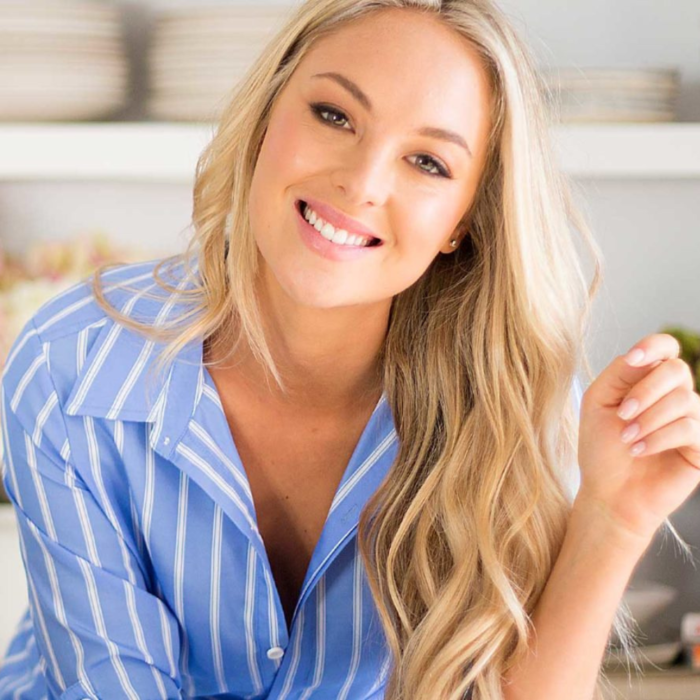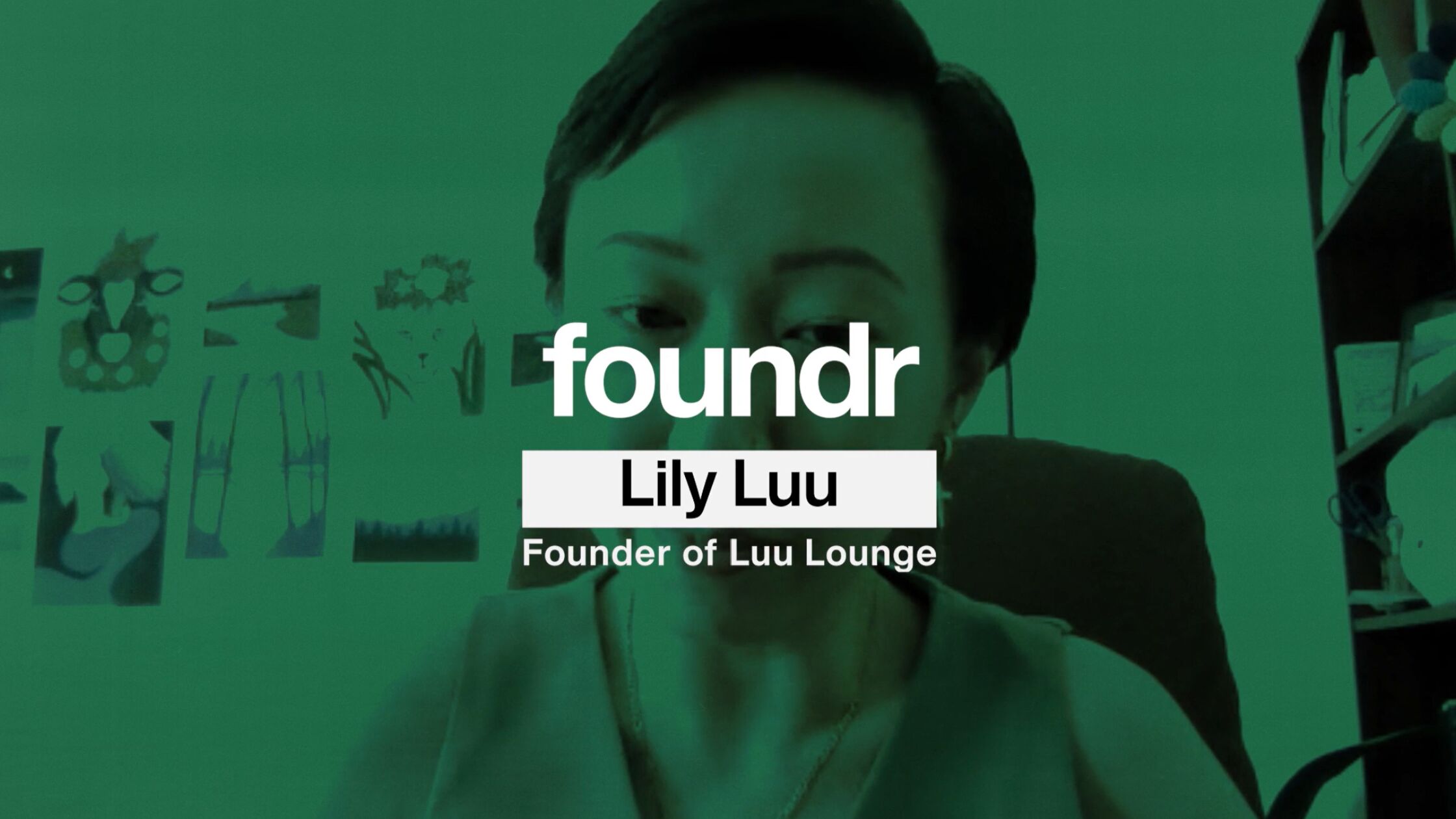Foundr Magazine publishes in-depth interviews with the world’s greatest entrepreneurs. Our articles highlight key takeaways from each month’s cover feature. We talked with Jessica Sepel, cofounder of JSHealth, one of the fastest-growing companies in Australia. JSHealth sells a bottle of vitamins every 20 seconds. Read excerpts from that in-depth conversation below. To read more, subscribe to the magazine.
—————
Sometimes, life’s challenges can beat us down so far that we lose sight of the sun above. The external light dims. We retreat inward. Our ability to take care of ourselves and extend kindness into others’ journeys wanes until it is snuffed out.
Jessica Sepel—a calm, blonde-haired beauty just as quick to admit to ongoing anxiety as she is to acknowledge her company’s astronomic success—chronicled her battle on her blog. In doing so, she unwittingly gathered thousands and then tens of thousands and then hundreds of thousands of other women. They, too, knew the cycle of beating up on themselves mentally and physically in an unwinnable effort to look and be perfect. They appreciated that someone who looks like Sepel could be struggling with the same internal battles.
Unlike many of them, though, Sepel spent five years studying nutrition and another couple of years in private practice before sitting down one day to chronicle her experience online. She had the needed tools.
And, lucky for the community she built, Sepel is driven by an unerring passion for helping women who are hurting like she did. That dedication to freeing women into a life of ease and grace with themselves—their nutrition and their bodies—has led Sepel to become the leader of JSHealth and earned her the acclaimed Deloitte’s Fast 50 win in 2021.
She Staff
Who runs the JS Health World? GIRLS! Other than Steingold, the entire JS Health business operates on women workers.
“Our brand is built on these strong females led by Jess.”
Steingold says. “All these female bosses—”
“Entrepreneurs,” she interjects.
“Entrepreneurs,” he acknowledges.
Each staffer spends 50–60% of her time on the customer and community of JS Health. In fact, the largest area of staff growth at JS Health has been in the customer support team. At every turn, the corporate culture of community building and serving the customer not only with product but with care and kindness comes through.
Just before our interview, some of the staffers announced to a 21-year-old customer that she’d won the latest online contest. The prize was $7,000 cash. The winner burst into tears, sharing how the money would literally change her life. The staffers were overwhelmed at being able to make such a good change for one of their customers. Sepel and Steingold, too, loved seeing how more lives had been made better by JS Health.
“This is what the real business is,” Steingold says.
That commitment to ushering in a better life experience impacts internal and external communication. Every single piece of content must in some way inform, entertain, or enhance the life experience of the recipient. Nothing is created for its own sake.
Community-Building Strategy
When Sepel first began growing what became the JS Health community, she had no product to sell. She’d hit on some solutions for the problems in her own life and wanted to help other people by telling them about those solutions. How could she do this?
What she chose to do can be seen in retrospect as the true start of building a brand that expands due to its community.
“I will never forget the day, probably eight years ago, when I randomly put out an Instagram post, and I was like, ‘I just want to know if anyone is out there—.’ At this point we had no business; I was just blogging about my healthy journey—and I said, ‘Do you guys want to be ambassadors for the brand?’”
She offered up the eight-week program and her book to help the women and make sure they really understood her health philosophy, which is rooted in balance. She had no plan in sight for formulating products or product lines. She just wanted to reach more women with her message of finding balance and freedom to live without the anxiety and struggle that extremes cause.
She was inundated with responses. These women had found a person who cared about them, who saw and understood them, and who articulated a philosophy that worked. They absolutely wanted to spread the word.
That sincere care for her community and its involvement in expanding and supporting the brand is the backbone of the success at JS Health. It does not come from faking it. Sepel doesn’t pretend to care so that she gets an audience of customers. She really cares, putting in thousands of hours to interact with the community online and build relationships with her staff.
Read more: Business Ideas for Women Entrepreneurs in 2022
“I would say to any of the other founders out there, if that care is not genuine, that feeling in your heart and soul, it would be very, very hard to take care of a community. It’s exhausting. It’s draining. It’s a full-time job. So I wouldn’t suggest creating a community unless you have an absolute care, passion, and probably obsession for what you do and what you believe in and the message you’re putting out there. You have to be obsessed by it.”




















